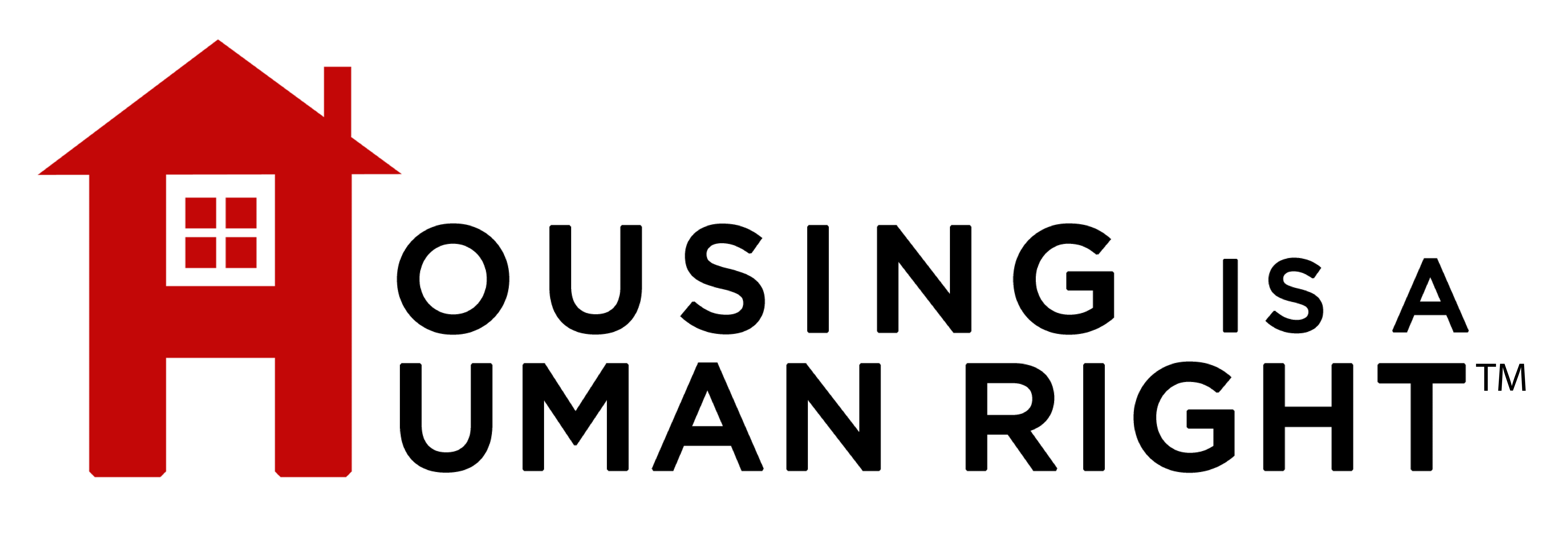In a damning report to Gov. Gavin Newsom and top legislators, the California State Auditor recently found that the state “lacks an effective approach to planning and financing development of affordable housing.” The lack of a coordinated plan resulted in the shocking loss of $2.7 billion in bond resources that would have helped build more affordable housing.
“The state must overhaul its approach to affordable housing development to help relieve millions of Californians’ burdensome housing costs,” California State Auditor Elaine Howle wrote to Newsom, State Senate President pro Tempore Toni Atkins, and State Assembly Speaker Anthony Rendon.
Newsom and many state legislators have held up housing production as a key element for addressing California’s housing affordability crisis. Housing justice activists have specifically called for the construction of more affordable housing to help middle- and working-class residents, who have been hit hardest by the housing affordability crisis.
Yet the state auditor found that the California Debt Limit Allocation Committee, which is overseen by the State Treasurer’s Office, mismanaged and lost “$2.7 billion in bond resources with little scrutiny, a loss that the committee failed to publicly disclose and struggled to explain.”
The state auditor noted that 1.6 million of renter households in California are severely cost-burdened, spending more than half of their income on housing costs. Worse, more than 98 percent of those households are lower income.
In addition, the state auditor reported, California ranks worst in the nation in renter overcrowding and that 27 percent of the country’s unhoused live in the state. $2.7 billion for new affordable housing would help address those alarming statistics and bring much-needed relief to the people who are struggling to keep roofs over their heads.
The state auditor noted that the shortage of affordable housing has life-altering consequences — a point Housing Is A Human Right has long made, asserting that housing is a public health and civil rights issue.
“High housing costs and the lack of access and the lack of access to affordable housing affect health, education, and quality of life for lower-income households,” the state auditor wrote.
The Debt Limit Allocation Committee provides the state’s tax-exempt bond resources, which assist in the financing of affordable housing. The bonds, which expire, are generally used to fund loans to developers to construct that housing. Between 2015 and 2017 — a time when California’s housing affordability crisis was only worsening — the Debt Limit Allocation Committee allowed $2.7 billion in bond capacity to lapse. That money could have been used to build affordable housing.
The state auditor didn’t lay blame only on the Debt Limit Allocation Committee and State Treasurer’s Office. In the larger picture, government bureaucracy and the lack of a comprehensive plan fueled the debacle.
“Four key state agencies contribute to the state’s basic housing efforts,” the state auditor wrote, “but there is no sound, well-coordinated strategy or plan to most effectively use their financial resources to support affordable housing.”
Strong leadership by Gov. Newsom and the state legislature can certainly help in the creation and implementation of an organized affordable-housing plan.
“The state plays a critical role in supporting affordable housing development,” the state auditor wrote, “and the legislature has declared that private investment alone cannot achieve the needed amount of housing construction at costs that are affordable to people of all income levels.”
With the COVID-19 pandemic causing devastating economic impacts on middle- and working-class Californians, urgent action is needed more than ever.
“In a real way,” Housing Is A Human Right wrote in March, soon after the start of the COVID-19 outbreak, “the chickens have come home to roost in California — and politicians can no longer ignore the street-level realities of the state’s housing affordability and homelessness crises. Millions of Californians are watching them closely, waiting to see what the politicians will, or won’t, do. The public’s health is on the line.”
Patrick Range McDonald is the award-winning advocacy journalist for Housing Is A Human Right.

